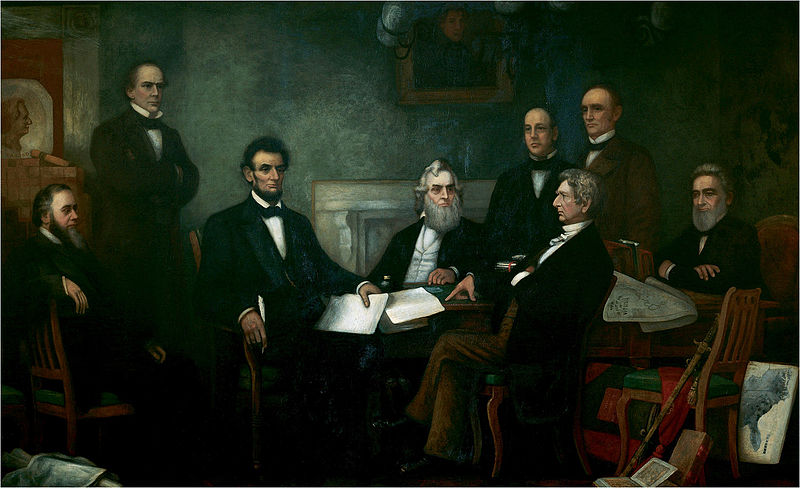Inductionism: A Philosophical System
In this blog I advocate the principle that “if we will live,” we must choose to value our own lives, our reason, and our faith. I seek to reproduce my philosophical convictions in other people. For the sake of clarity, I’ve created an outline of my system. This and future posts will expound my system.
A philosophical system must answer three basic kinds of questions: What kind of world is it? Why am I able to know it? How will I act? The central tenets of my philosophy are epistemological objectivism and a Christian morality of rational self-interest.



